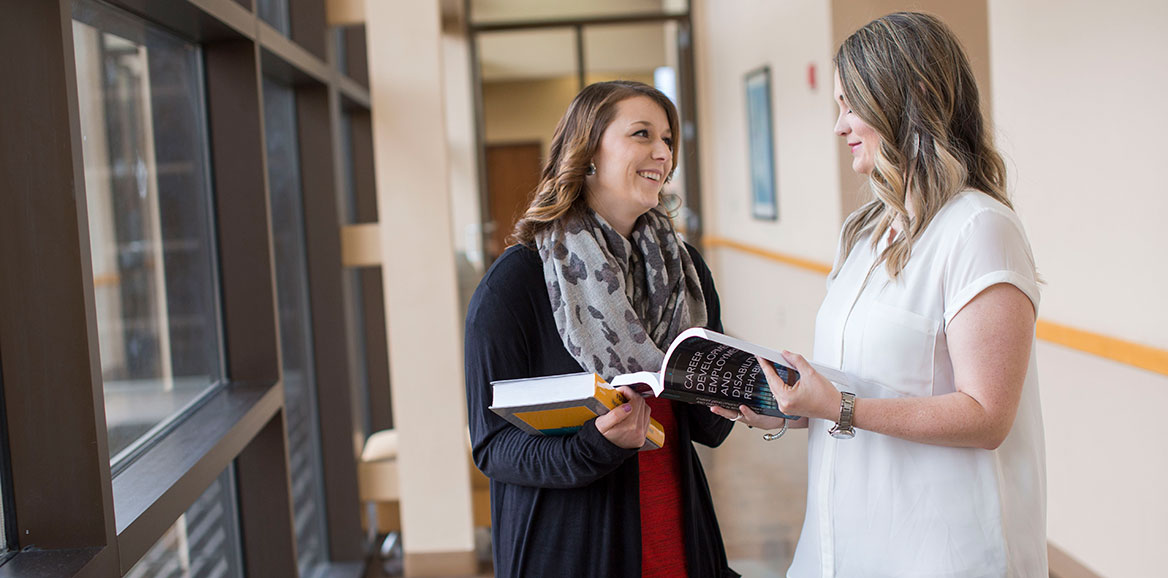Clinical Rehabilitation Counseling: The Profession

Clinical Rehabilitation Counselors empower people with disabilities to make informed choices, build viable careers, and live more independently within the community. Through a counseling process, Clinical Rehabilitation Counselors provide and coordinate services for people with a wide range of physical and psychiatric disabilities, chronic conditions or diseases, and social disabilities. Services include counseling to support clients in achieving their education and career goals through preparation activities and training for a specific occupation. Clinical Rehabilitation Counselors work with clients in a variety of settings, including schools and universities, state workforce systems, veteran’s services, advocacy and non-profit agencies, employee assistance programs, private forensic practice, and hospital settings.
Job Outlook
The American Counseling Association (ACA) recently conducted a comprehensive survey looking at counselor compensation and benefits across the profession. Survey results indicated that Clinical Rehabilitation Counselors were named the highest paid specialty in the counseling profession and additionally earned better overall benefits.
According to the ACA study, Clinical Rehabilitation Counselors:
- are the most highly paid counseling specialty on average
- earn more than Clinical Mental Health Counselors, Mental Health Counselors, or Community Counselors on average
- receive better overall benefits - employee retirement plan, medical coverage, dental,
vision, short-term and long-term disability - than other professional counselors
are the most highly paid counseling specialty on average
